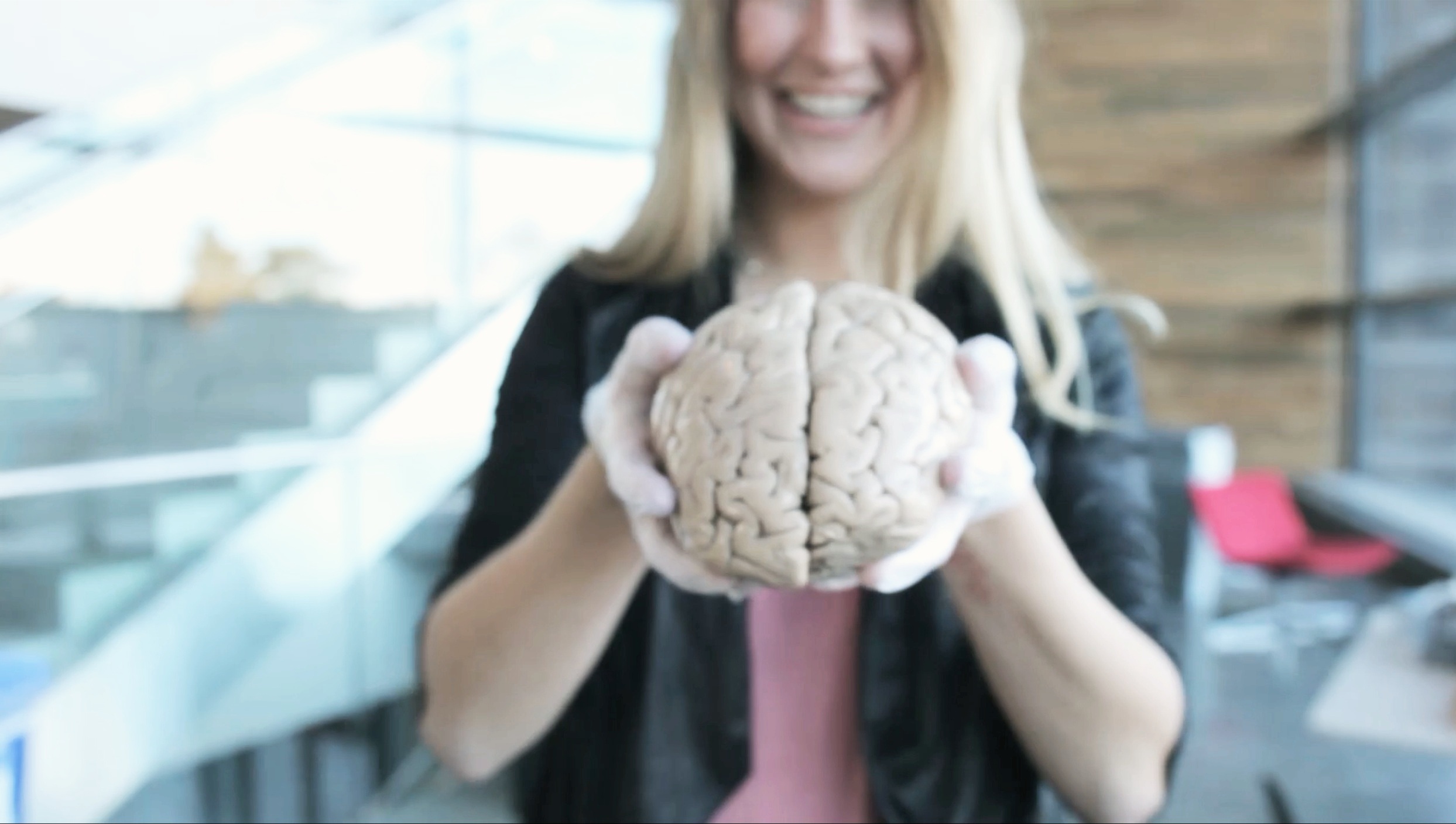Since 2010, I’ve designed exhibits, digital platforms, and campaigns to improve both the public’s understanding of science and scientist’s understanding of the public.
Science communication has historically been driven by the “deficit model” — or the belief that the problem is an uneducated and unskilled public. This model has been largely disproven, with critics pointing to the roles that our cultures, identities, accessibility, and institutional biases inevitably play in shaping the relationship between science and the public. Despite progress, the deficit model is still the leading approach employed by scientists and educators nationwide. I’ve spent my career experimenting with ways to challenge the deficit model through bidirectional relationship-building and participatory learning.
STEM Storytelling Initiatives
A true democracy or democratic republic requires informed, engaged, and inspired communities. We need to remove the systemic, psychological, cultural, and practical barriers that the public faces in co-building more sustainable and equitable futures.
↓







